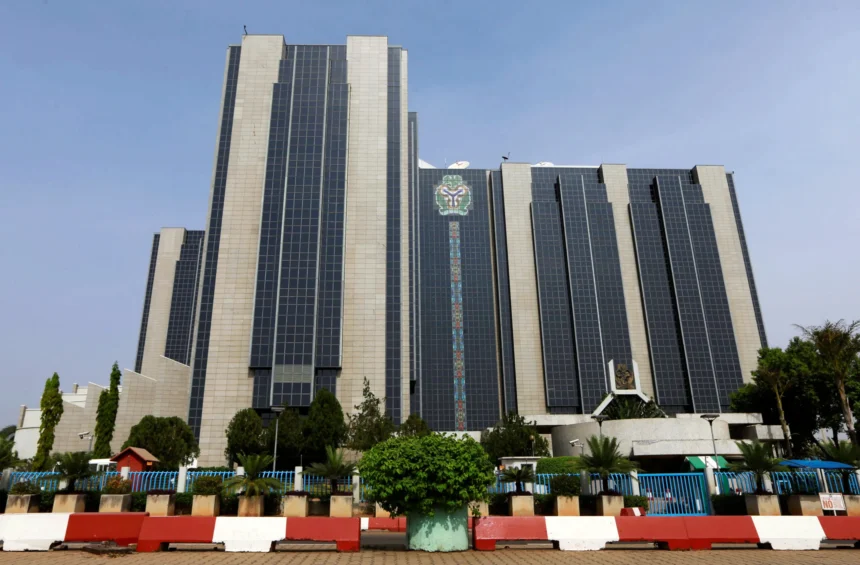Nigeria’s Private Sector Continues Borrowing Spree Despite Central Bank’s Tightening Measures
Despite aggressive monetary tightening measures implemented by the Central Bank of Nigeria (CBN), Nigeria’s private sector has shown resilience in borrowing, securing an additional N1.89 trillion in November 2024. This brings the total credit to N75.96 trillion, indicating a strong reliance on loans even amidst rising interest rates.
Under Governor Yemi Cardoso’s leadership, the CBN has raised the Monetary Policy Rate (MPR) multiple times to combat inflation, which reached 33.88% in October. With six hikes in 2024 alone, the MPR now stands at 27.50%. However, the private sector’s continued borrowing suggests a significant dependence on credit.
Throughout the year, borrowing trends have fluctuated, with February seeing the highest level at N80.86 trillion, followed by a drop in March. November 2024 saw a rebound in borrowing, with a year-on-year surge of N16.27 trillion or 27.3% compared to 2023.
The demand for credit reflects the sector’s challenges such as inflation, supply chain disruptions, and exchange rate volatility. Businesses are willing to bear higher financing costs to sustain operations or prepare for economic recovery.
This borrowing trend raises questions about the effectiveness of monetary tightening in controlling inflation. The CBN may need to consider fiscal policies and structural reforms to address economic vulnerabilities. The private sector’s reliance on credit emphasizes the need for a comprehensive approach to navigate Nigeria’s economic landscape.








